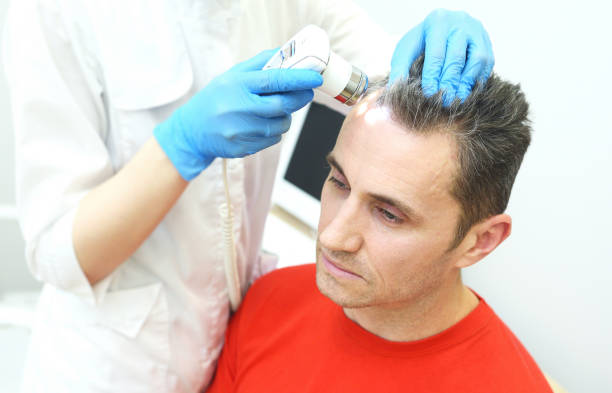Effective Treatments for Scalp Psoriasis: A Comprehensive Guide
Scalp psoriasis affects millions worldwide, causing red, scaly patches on the scalp that can be both uncomfortable and concerning. This chronic autoimmune condition requires proper management and treatment to control symptoms and maintain scalp health. Understanding the available treatment options and working with healthcare professionals can help achieve better outcomes for those affected by this condition.

Medical Treatments Recommended by Dermatologists
Dermatologists typically recommend a combination of treatments based on the severity of scalp psoriasis. Topical medications, including corticosteroids, vitamin D analogues, and tar-based products, are often the first line of defense. These medications work to reduce inflammation, slow cell growth, and relieve itching. For moderate to severe cases, systemic medications or biologics might be prescribed to target the immune system response.
Proper Hair and Scalp Care Techniques
Maintaining proper scalp hygiene is crucial for managing psoriasis symptoms. Using gentle, medicated shampoos containing ingredients like salicylic acid or coal tar can help remove scales and soothe inflammation. It’s important to avoid harsh hair products and excessive heat styling, which can irritate the scalp further. Regular but gentle washing with lukewarm water helps maintain scalp health without aggravating symptoms.
Professional Treatments and Therapeutic Options
Professional treatments administered by healthcare providers can offer relief for stubborn cases. These may include:
| Treatment Type | Provider | Estimated Cost Range |
|---|---|---|
| Phototherapy | Dermatology Clinic | $50-150 per session |
| Excimer Laser | Medical Spa/Clinic | $200-400 per session |
| Steroid Injections | Dermatologist | $100-300 per treatment |
| Biologics | Prescription | $1,000-15,000 per month |
Prices, rates, or cost estimates mentioned in this article are based on the latest available information but may change over time. Independent research is advised before making financial decisions.
Natural and Alternative Treatment Approaches
While medical treatments are essential, some people find relief through natural remedies. These can include aloe vera applications, tea tree oil treatments, and omega-3 supplements. However, it’s crucial to discuss any alternative treatments with a healthcare provider before incorporating them into your treatment plan. Some natural remedies may interact with prescribed medications or cause unexpected reactions.
When to Seek Professional Medical Care
Consulting a dermatologist is essential if over-the-counter treatments aren’t providing relief, or if symptoms worsen or spread. A professional can properly diagnose the condition and develop a tailored treatment plan. They can also identify any complications and adjust treatments as needed for optimal results.
This article is for informational purposes only and should not be considered medical advice. Please consult a qualified healthcare professional for personalized guidance and treatment.




